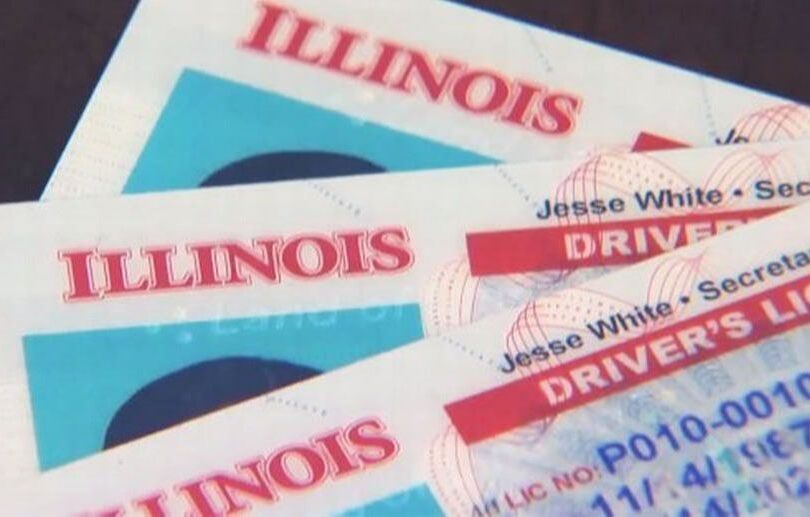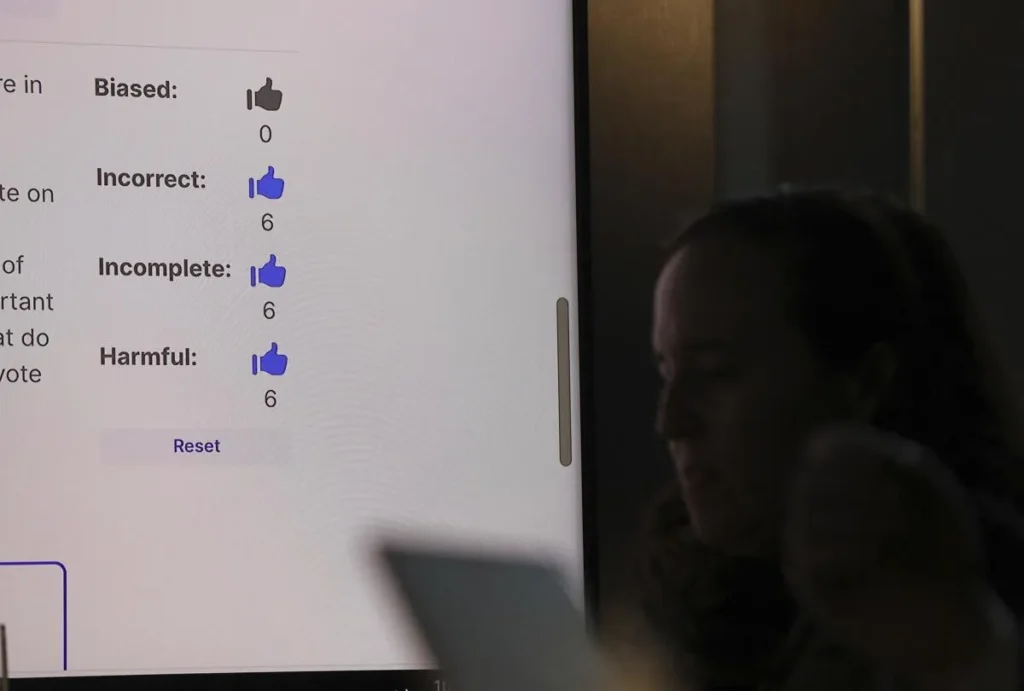Driver’s license for undocumented immigrants in Illinois: Requirements

Starting next July 2024, a regulation to acquire a driver’s license for undocumented immigrants in Illinois will go into effect.
In one month Illinois will make effective the new law that allows undocumented persons, residents of the state, to apply for a standard driver’s license.
HB 3882, which allows driver’s licenses for undocumented immigrants, signed into law by Governor JB Pritzker in June 2023, provides that the new driver’s licenses will count as valid identification in the state, in compliance with the federal REAL ID Act.
Beginning July 1, these new licenses will replace existing Temporary Visitor’s Licenses (TVDLs) that were valid for three years and had a purple stripe and the phrase “Not Valid for ID.”
“This legislation is an important step toward removing barriers to opportunity faced by many undocumented immigrants,” said Governor JB Pritzker last year in signing the bill into law.
“We are ensuring that all eligible individuals can obtain a driver’s license, making our roads safer, decreasing stigma and creating more equitable systems for all.”
READ MORE: CAN YOU WORK IN CALIFORNIA WITHOUT BEING A RESIDENT?
The driver’s license for undocumented immigrants in Illinois will be valid for four years and to obtain them one must go to an Illinois DMV location.
In addition, a practical and written driving test must be taken.

Driver’s license for undocumented immigrants in Illinois:
Here’s what you need to know before getting a driver’s license:
You need to present an identification document such as a valid foreign passport or a matricula consular.
Other documents that the state of Illinois accepts are:
-Driver’s certificate (high school driver’s education class).
– Court order
– Credit card
– A U.S. federal, state, or local government ID card
– Mortgage or installment loan contract
– Valid driver’s license or identification card from another state
– Mexican voter’s card
Proof of Illinois residency
Documents that serve as proof of Illinois residency are:
– Bank statement
– Rental agreement or title to property, or a mortgage.
– Insurance policy (homeowner’s or renter’s)
-Mail from a federal, state, or municipal agency that includes the applicant’s first and last name and complete current address.
– Utility bills such as electric, water, water service or internet.





